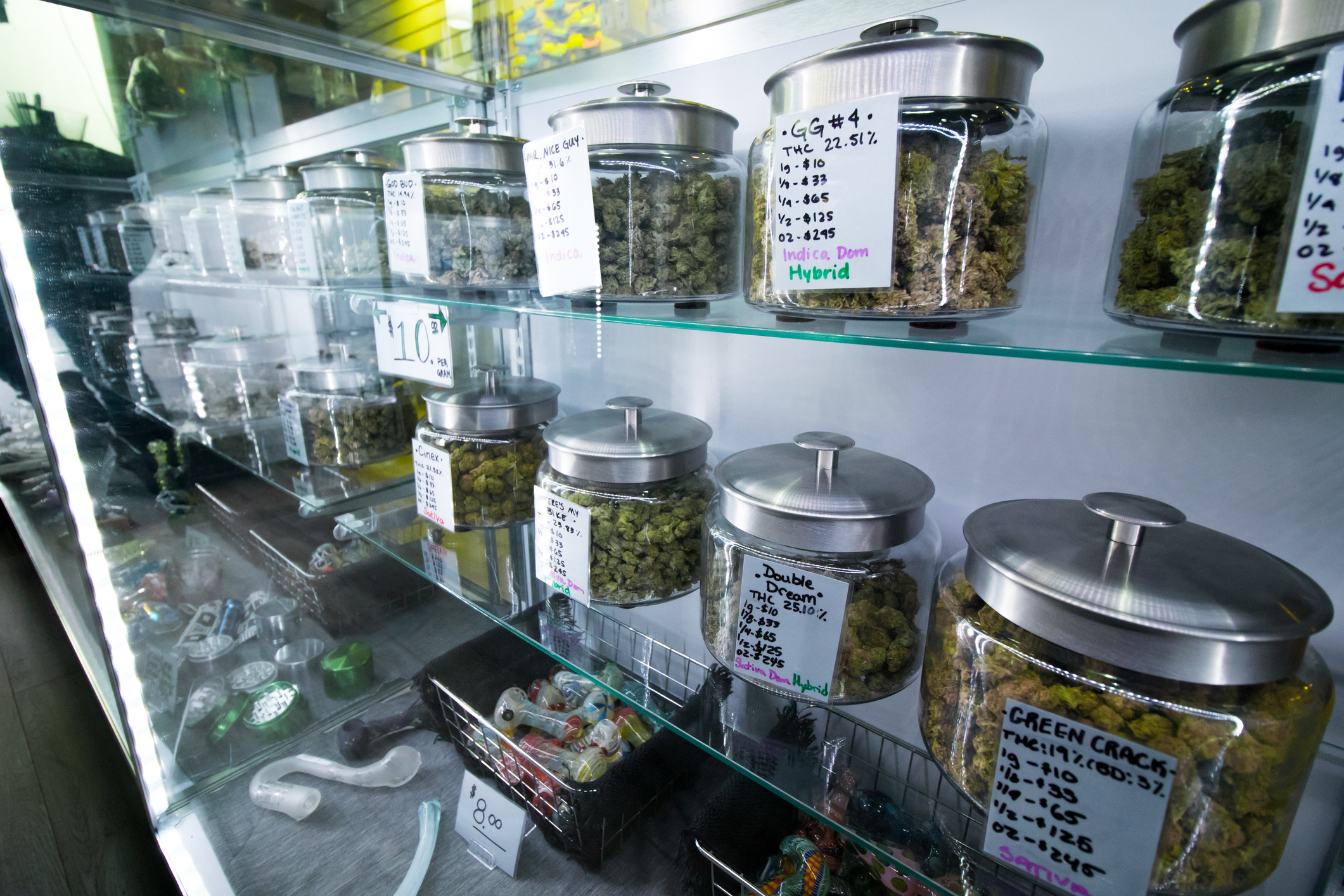Breaking Barriers: Two Black Farmers Secure Medical Marijuana Licenses in Florida

In a groundbreaking move, two Black farmers have achieved a significant milestone by receiving licenses to grow, process, and sell medical marijuana in Florida. The licenses were issued by the Florida Department of Health on July 11th to Terry Donnell Gwinn of Suwannee County and Shedrick McGriff based in Bascom. This achievement was made possible by a new state law, HB 387, which helped remove the barriers that had long hindered these farmers from entering the medical marijuana industry.
The journey to these licenses has been long and arduous. In 2016, Florida voters approved a constitutional amendment that broadly legalized medical marijuana. However, the path to granting licenses to Black farmers with ties to the state and who were part of class-action lawsuits against discriminatory lending practices by the U.S. Department of Agriculture was filled with delays and legal challenges.
The 2017 law tasked health officials with awarding a medical marijuana license specifically to a “recognized class member” in the Pigford cases. The applicants had to meet several criteria, including conducting business in Florida for at least five years, having valid nursery certificates from the state’s Department of Agriculture and Consumer Services, and demonstrating their involvement in the Pigford class-action lawsuits.
After years of waiting, Gwinn and McGriff emerged as the sole applicants meeting the stringent requirements, making them eligible for the licenses. The new law, signed by Governor Ron DeSantis in the previous month, mandated the issuance of licenses to Black farmers without any identified deficiencies in their applications. It also allowed a “cure” period of 90 days for those with identified issues to address and rectify them.
With the issuance of these licenses, Florida now has 24 licensed medical marijuana operators, and Gwinn and McGriff are set to begin their marijuana cultivation operations within two months. This development comes at a time when there is an ongoing effort by a political committee known as Smart & Safe Florida to put forth a proposed constitutional amendment in the 2024 ballot, aiming to authorize the recreational use of marijuana for individuals aged 21 and above.
As Florida holds the position of the third-largest state in the U.S., the potential for recreational marijuana use has garnered significant attention from investors and marijuana operators. State economists have projected that authorizing recreational use could generate substantial tax revenues of up to hundreds of millions annually.
Both Gwinn and McGriff expressed gratitude for being awarded the long-awaited licenses and pledged to contribute positively to the medical marijuana market. For McGriff, it represents a chance to redress the historical imbalances experienced by Black farmers in the agriculture industry.
The granting of medical marijuana licenses to these two Black farmers in Florida marks a significant step forward in promoting diversity and inclusivity in the state’s cannabis industry. As they embark on their cultivation, processing, and dispensing operations, they are poised to make a meaningful impact in providing medical cannabis to patients in need, while the state continues to navigate discussions around potential recreational use in the future.
